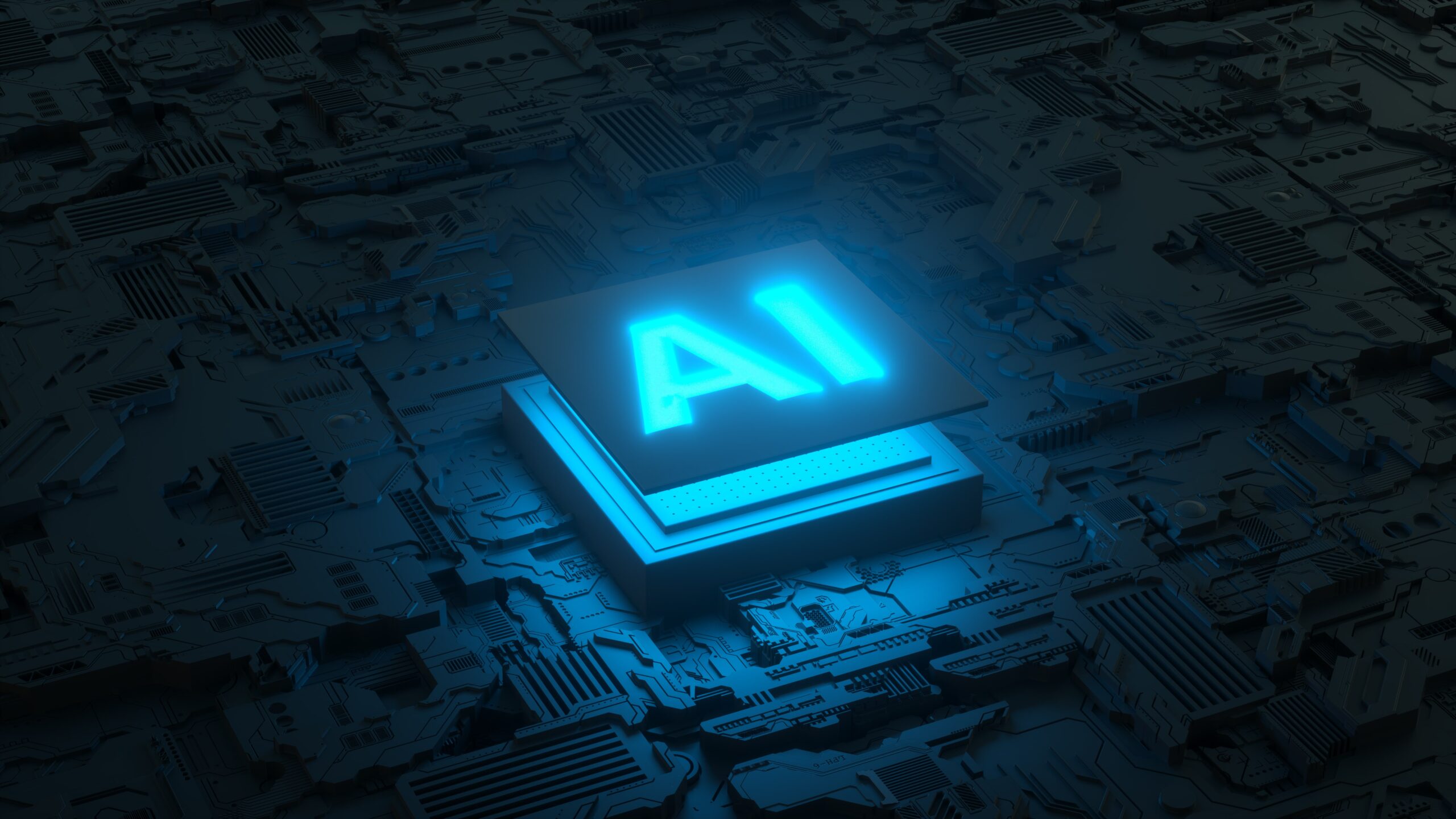AI Transformations and Their Impact on Human Life in the Next Years
Introduction
AI has moved beyond science fiction fantasy movies because society now faces its actual presence which fundamentally changes living habits. You encounter artificial intelligence in numerous ways that influence your daily routine although you might not notice it. The upcoming years present an interesting picture. An evaluation of current AI impact on society together with projected developments into the future forms the subject of this analysis.
AI in Our Everyday Lives
Think about your daily routine. People meet artificial intelligence in vastly more instances than they typically acknowledge.
You can access virtual helpers through smart assistants who perform tasks with AI processing such as checking with Siri and making request to Alexa followed by googling with Google Assistant.
Netflix uses personalized recommendations to predict which show they should suggest next to their users. Amazon generates exact purchase suggestions which surprise customers because of its AI-driven systems. Artificial Intelligence uses your collected data patterns to provide customized recommendations to you.
Artificial Intelligence provides users with easy solutions to operate their smart houses. A single touch or voice command allows you to regulate your house security cameras and adjust temperature settings through smartphone or voice control.
What’s Next? The evolution of AI will make these technologies develop improved user understanding. Artificial intelligence systems enable homes to recognize human moods as well as permit sophisticated duties without requiring users to provide ongoing directions.
AI is Transforming Healthcare
Healthcare represents one of the prime fields where AI generates exceptional positive change. The technology enables doctors together with researchers to accomplish their work at increased speed while maintaining enhanced precision.
Artificial intelligence examines substantial healthcare data to detect disease markers including cancer while patients show no symptoms.
Personalized medical programs serve different patients since no two individuals have identical health status. Through AI medical professionals generate treatment regimens which accommodate each patient’s exclusive healthcare requirements.
Medical chatbots exist to provide instant medical advice to anyone seeking help. Advanced AI through chatbot technology delivers answers about general health matters and provides medicine reminder services to patients.
What’s Next? AI technology is projected to help surgeons or identify health dangers before serious complications occur throughout upcoming years.
AI and the Future of Transportation
Artificial Intelligence has a major impact on how we travel between different locations.
Companies operating as Tesla and Google presently conduct autonomous vehicle tests for the potential creation of self-driving vehicles that promise to reduce road hazards stemming from human mistakes.
The implementation of AI analyzes current traffic data which helps municipalities decrease congestion and enhance journey durations.
The testing of drones for package delivery as delivery drones is being conducted by some companies to provide fast and efficient service.
What’s Next? AI-powered transportation systems hold promise for the future to create quicker and safer more convenient transportation systems.
AI in Education: Changing How We Learn
AI technology stands as a primary factor which changes the traditional classroom setup.
The education system benefits from AI that modifies teaching plans according to students’ individual learning speed thus providing customized instruction.
Smart Tutors are AI-based tutorial programs that provide supplemental education features which include automated answers plus additional educational content as students request help and support.
Teachers can free up their schedules for individual instruction because AI conducts automated assignment grading.
What’s Next? Artificial intelligence systems provide opportunities for educational access to students located in places where quality instruction remains challenging to obtain.
AI and the Job Market: Friend or Foe?
Artificial Intelligence transforms how people conduct their labor activities. AI enhances some operations but simultaneously generates doubts about future employment possibilities.
AI systems can perform routine operations including data input activities which lets human employees dedicate their time to innovative work and analytical problem resolutions.
The Ethical Side of AI
Various benefits of AI application create significant ethical problems which require immediate response. The regulations for AI monitoring in Western Europe will determine how proper standards should be applied to AI usage.
The procedure of obtaining data through AI systems requires established privacy safeguard methods that protect personal information from being exposed.
Fundamentally AI systems will provide the same level of fairness as the training information used to develop them. The process of maintaining unbiased evaluations and preventing discriminatory practices continues to be a permanent challenge throughout the entire operation.
The advanced capabilities of AI require essential decisions to remain under human supervision until AI reaches its fullest development.
What’s Next? Township leaders and technology specialists work together toward creating rules that will spread AI advantages throughout society while controlling its safety concerns.
Conclusion
Artificial Intelligence operates actively in all aspects of our current life while future years promise further growth of its reach. Intelligent homes combined with improved healthcare facilities and education establishments will generate limitless chances for people. Through technology advancements we need to implement new solutions while working on moral considerations that these methods produce.
At present AI technology transforms our reality through means we barely understand to create potential which knows no limits.
AI expansion creates new employment avenues for human workers who focus on building maintaining and enhancing these systems.
Remote work systems become simpler through AI-assisted communication tools with workflow management capabilities.
What’s Next? The adoption of AI helps automate certain tasks yet simultaneously generates brand new positions which humanity presently lacks the capability to perform. Adjustable people who constantly learn emerging technological abilities will hold the key to success.
